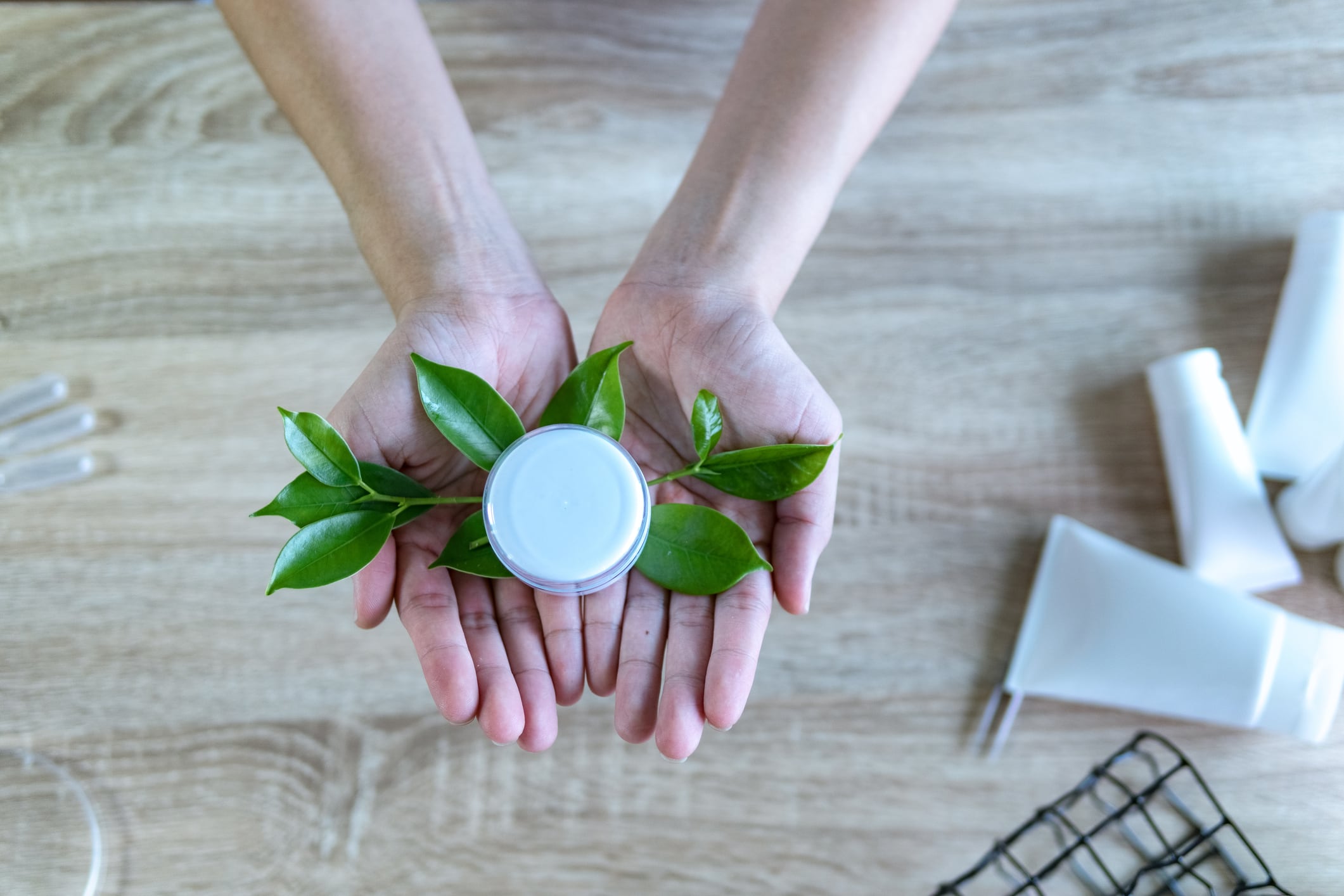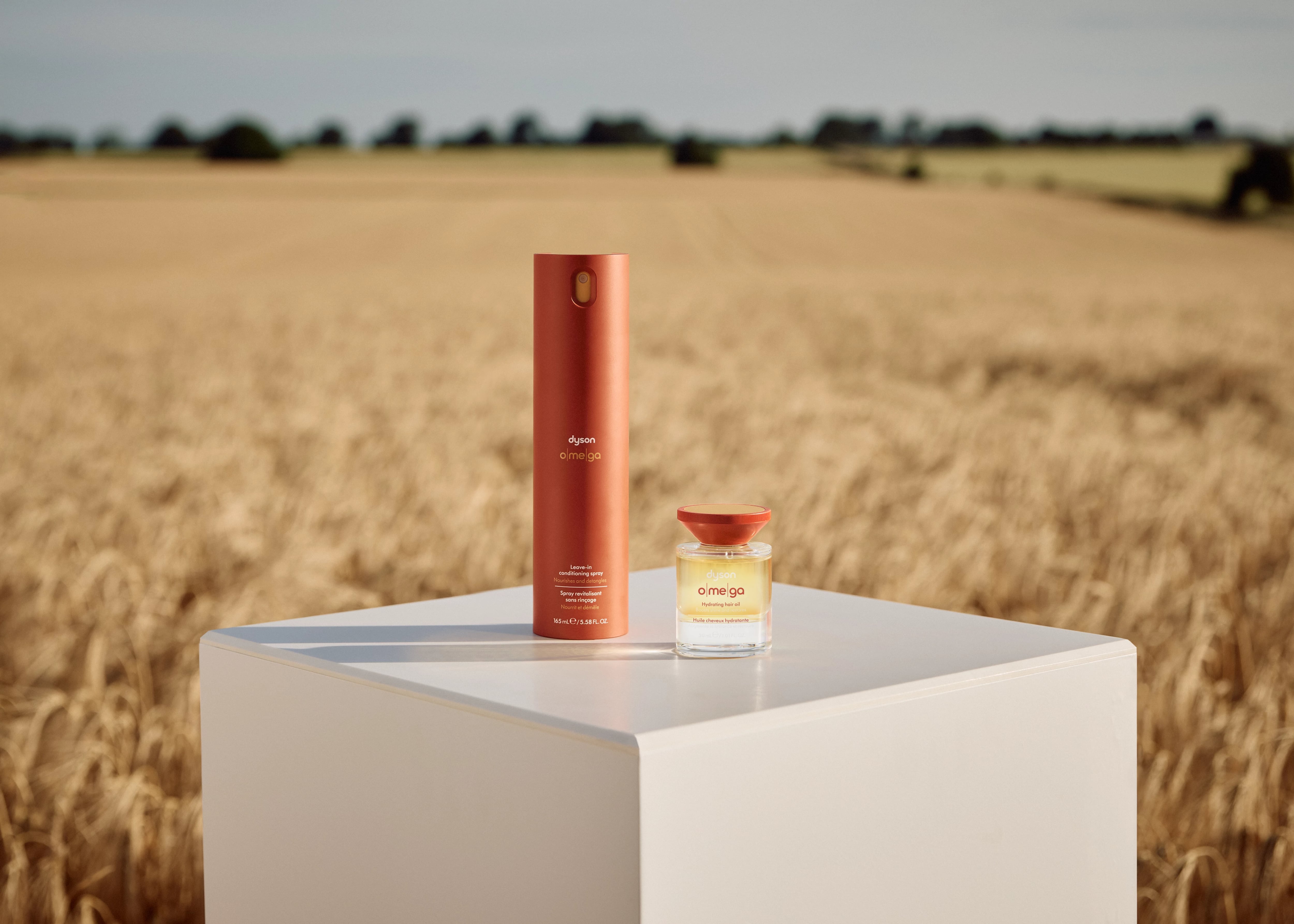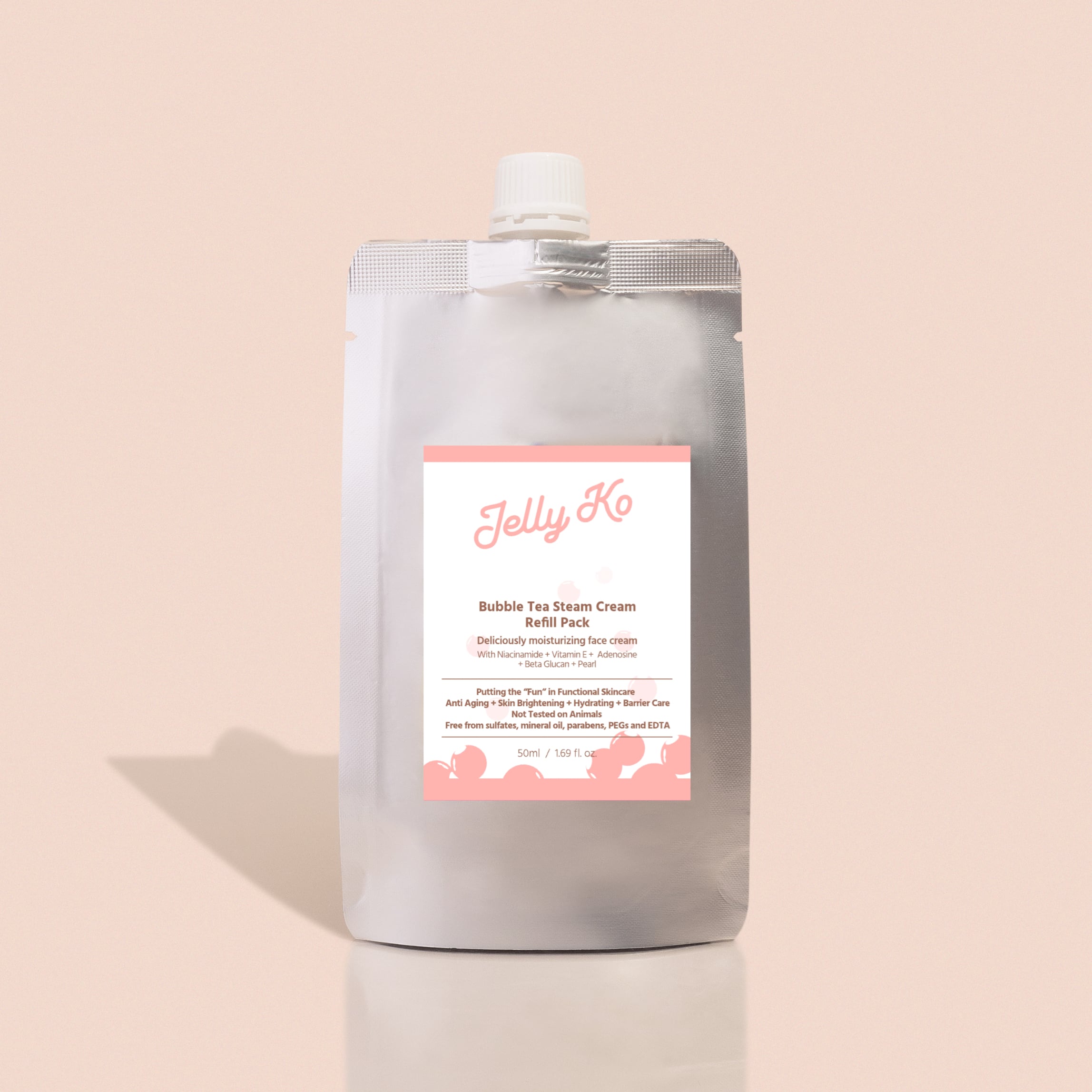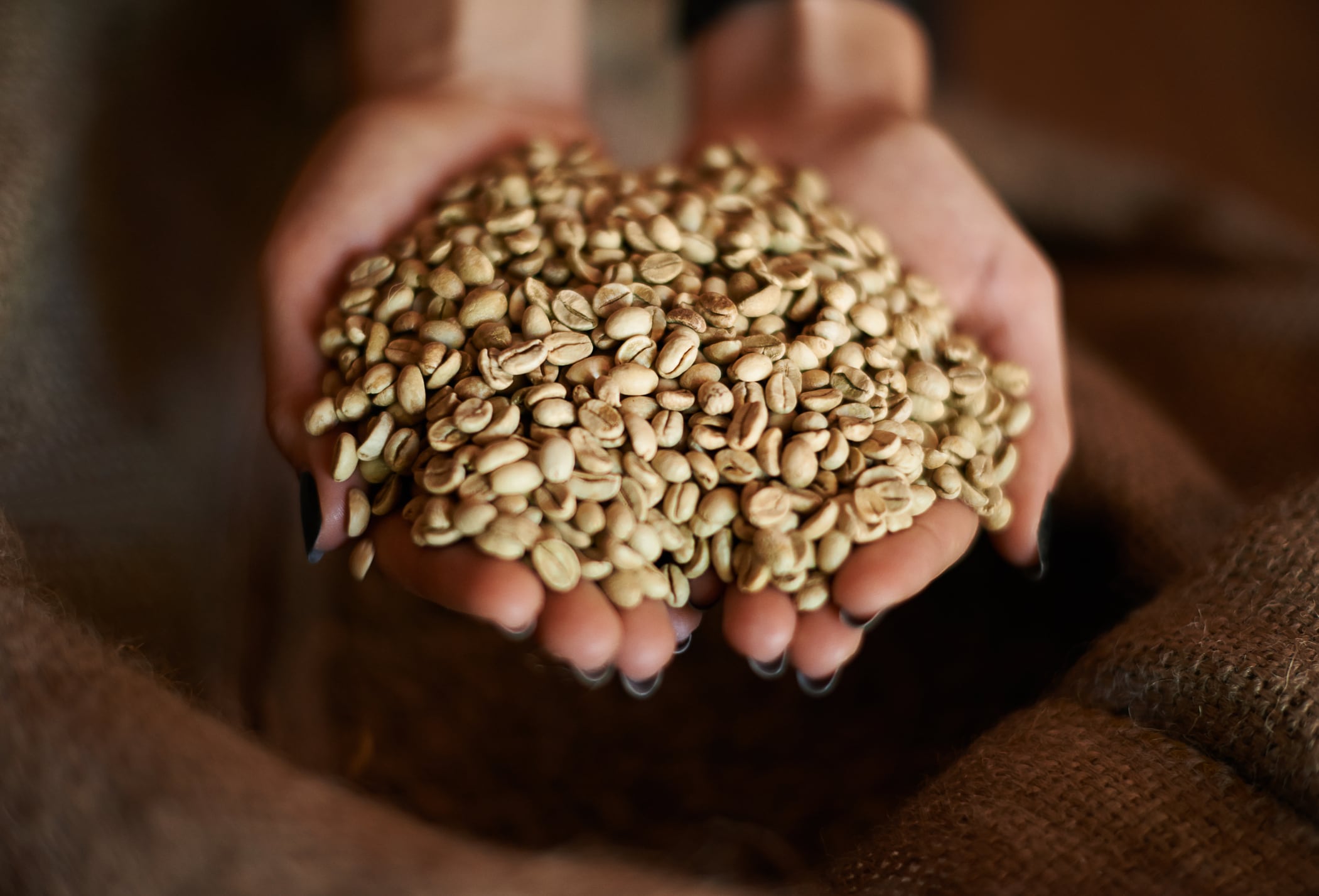How fragrance brands can tap into niche products, resonant marketing, packaging innovation
From eco-friendly formulations to ingredient sourcing that benefits the local supply chain and packaging innovation, sustainability continues to be a key topic in the fragrance sector, according to Sharon Hu, Head of Product Marketing at Meiyume.
In particular, Meiyume has been investing in sustainable packaging materials for fine fragrances.
“The fancy packaging seen on traditional fragrance bottles uses materials that are not actually environmentally friendly. We have been partnering with premium brands in the market to replace these materials with more sustainable options.
“Being eco-friendly while maintaining an aesthetic appearance and weight that give a premium fragrance experience is something we have been working on. Because to the industry, it’s a very challenging task — when people think about sustainability, they have the impression of it being basic. It does not project premiumisation nor match the image of fine fragrances,” she said.
Seed & Sprout addresses green fatigue and misconceptions about bar format, harnesses TikTok’s reach
Australia’s Seed & Sprout is addressing green fatigue among consumers and debunking misconceptions about bar format products, while leveraging TikTok to spread sustainability and brand awareness.
Launched in 2016, the brand is home to a variety of sustainable products, including personal care like shampoo, conditioner, face cleanser and body wash bars.
Sophie Kovic, founder of Seed & Sprout, told CosmeticsDesign-Asia that there is a misconception that the bar format has less product or value for money.
Mane Kancor places focus on personal care, drives growth with anti-dandruff innovation
One of Mane Kancor’s latest innovations is PURAKAN, a patented formulation of botanical extracts including pomegranate peel, corn mint and ajowan that are specially selected for their benefits in scalp care.
The company initially concentrated on pomegranate fruit due to its high activity for scalp and hair care. But during the research process, the team found that pomegranate peel is a major source of waste in India.
“About 1.5 to 2 tonnes of waste [from pomegranate] are being generated in the food and beverage industry, so we thought to explore whether there was an active that we could develop from the peel — solving both an industry problem and an environmental issue simultaneously,” Prasobh Prasad, R&D Head at Mane Kancor, told us.
Mangosteen peel extract has potential to counteract UVA-induced skin ageing – Thai study
A new study conducted by researchers at Burapha University in Thailand has found that an extract from mangosteen peel may offer significant protection against skin ageing caused by ultraviolet A (UVA) radiation.
With consumers increasingly demanding natural, sustainable, and scientifically backed ingredients, mangosteen peel extract aligns well with current industry trends.
This study, for instance, supports the idea that upcycled agricultural waste could serve as a rich source of active compounds and be turned into premium cosmeceutical ingredients.
Mukti Organics releases dry body oil made from upcycled tomato seeds amid growing trend
Mukti Organics’ dry body oil is made using Native Extracts’ tomato seed oil, on the back of a growing trend of upcycled ingredients being utilised in skin care formulation in Australia.
“I do think many other brands will follow suit, which makes total sense – upcycled tomato seed is a skin care ingredient so innovative that it can transform your skin while revolutionising the way we deal with food waste!
“Through this form of repurposing, we’re not only creating a high-performing active oil but also addressing the AUD36.6bn annual food waste crisis in Australia. This represents a significant step forward in the beauty industry’s efforts to reduce waste and promote sustainability,” brand founder Mukti told us.





